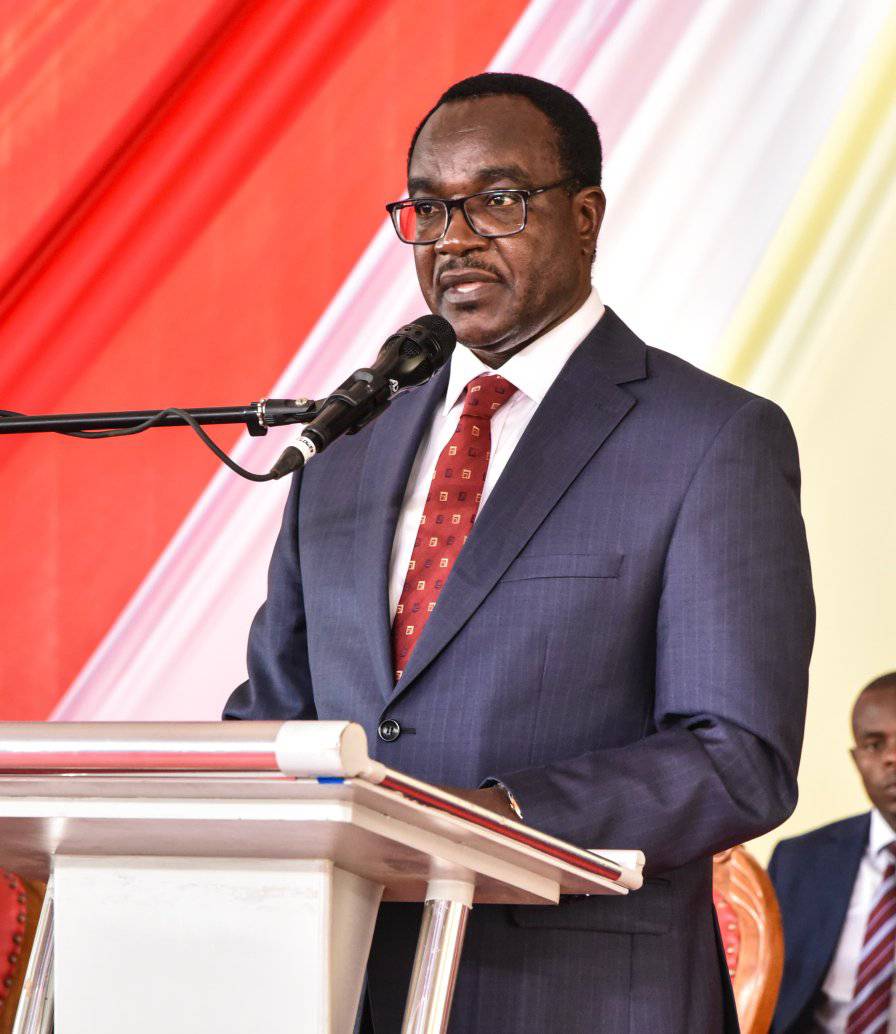The future of 400,000 pupils attending badly administered colleges is up in the air.
Things you should know:
- Political favoritism and ethnic considerations in appointments, according to Ogamba, led to failure.
- The CS stated that council appointments will now be subject to security background investigations.
A parliamentary committee learned that over 400,000 pupils—or 60% of all students in public universities—are enrolled in institutions with poor management.
According to Education Cabinet Secretary Migos Ogamba, who informed the National Assembly’s Public Investments Committee on Governance and Education that 21 of the 43 universities in Kenya are poorly managed.
The selection of Vice Chancellors and Council Members in higher education establishments, he claimed, was influenced by ethnic and political patronage.
Due to governance problems and political favoritism, 21 universities are performing poorly while 20 are performing well, Mr. Ogamba informed the Public Investments Committee on Governance and Education of the National Assembly, which is headed by Bumula MP Wanami Wamboka.
“Over 60 percent, or 400,000, of the over 800,000 students enrolled are in the 21 non-performing universities,” Mr. Ogamba stated.
“What would we do with the students in these 21 universities if we were to murder them, as proposed by the member for Imenti Central (Moses Kirima)?” Mr. Ogamba questioned.
Mr. Kirima had requested that students be transferred to other well-performing universities and that the failing universities be closed.
Mr Ogamba informed the committee, which was led by Mr Wamboka, on Friday, April 25, 2025, that the Ministry has begun working to guarantee that applicants for council appointments will henceforth be subjected to security background checks by authorities in order to assess their fitness.
The Ministry is currently examining the qualifications of all University Councils to ensure that every member is competent to manage the institutions of higher learning, according to Mr. Ogamba.
Twenty-one of the forty-three universities are in trouble. In order to make sure that Council Members are competent, we have not yet chosen them for several colleges. We are currently conducting background checks on prospective council members.
“Before being hired, members of the University Council must submit to background checks. The committee should be aware that 21 of the 43 university councils have issues, as we are currently looking at six of them.
Mr. Ogamba addressed the committee on overarching topics such as the non-remittance of statutory deductions, the operation of public universities and the Technical Vocational Education Training (TVET) without Governing Councils, stalled projects, the rejection of Vice-Chancellors upon their return from leave, ethnic and gender balance in staffing and appointments, and officers who have been in acting positions for more than six months.
The lack of ethnic and gender balance in appointments and personnel, as well as the fact that many universities are functioning without Governing Councils, have all been raised by Auditor General Nancy Gathungu.
The Cabinet Secretary informed parliamentarians that the lengthy procedure of selecting vice chancellors and councils has been brought about by the need to guarantee that competent candidates are chosen for the open positions.
“Political patronage or governance challenges have caused the issues in our higher education institutions. We are now conducting background checks to ascertain who manages our higher education establishments,” Mr. Ogamba stated.
“When appointing university council’s and board of TVETs institutions, we make an effort to follow the Constitutional requirements regarding fairness, regional and gender balance, merit, and competition,”
Mr. Ogamba informed lawmakers that the boards and councils have crucial oversight responsibilities in the administration of organizations tasked with policy development, strategic direction, financial oversight, and institutional accountability.
Mr. Ogamba said, “As a result, it is essential to select the correct individuals, with the appropriate combination of skills, and in a way that complies with the law.”
“The majority of our university councils are now complete. There are just six public institutions with openings for two to three students. The others either have all of their members or are missing only one, he stated.
“We are still in the process of recruiting to ensure the right mix of skills, gender, and ethnicity, so the vacancies have not yet been filled. The recruitment process, which is currently underway, will be used to fill these vacancies.
He stated that following the completion of the recruitment procedures by the Public Service Commission (PSC), the university councils will receive the application and then confer with the Cabinet Secretary prior to making any appointments.
In addition to merit, the critical consultations involve gender and geographic balance to make sure that senior management appointments represent the face of Kenya and gender inclusivity, according to Mr. Ogamba.
